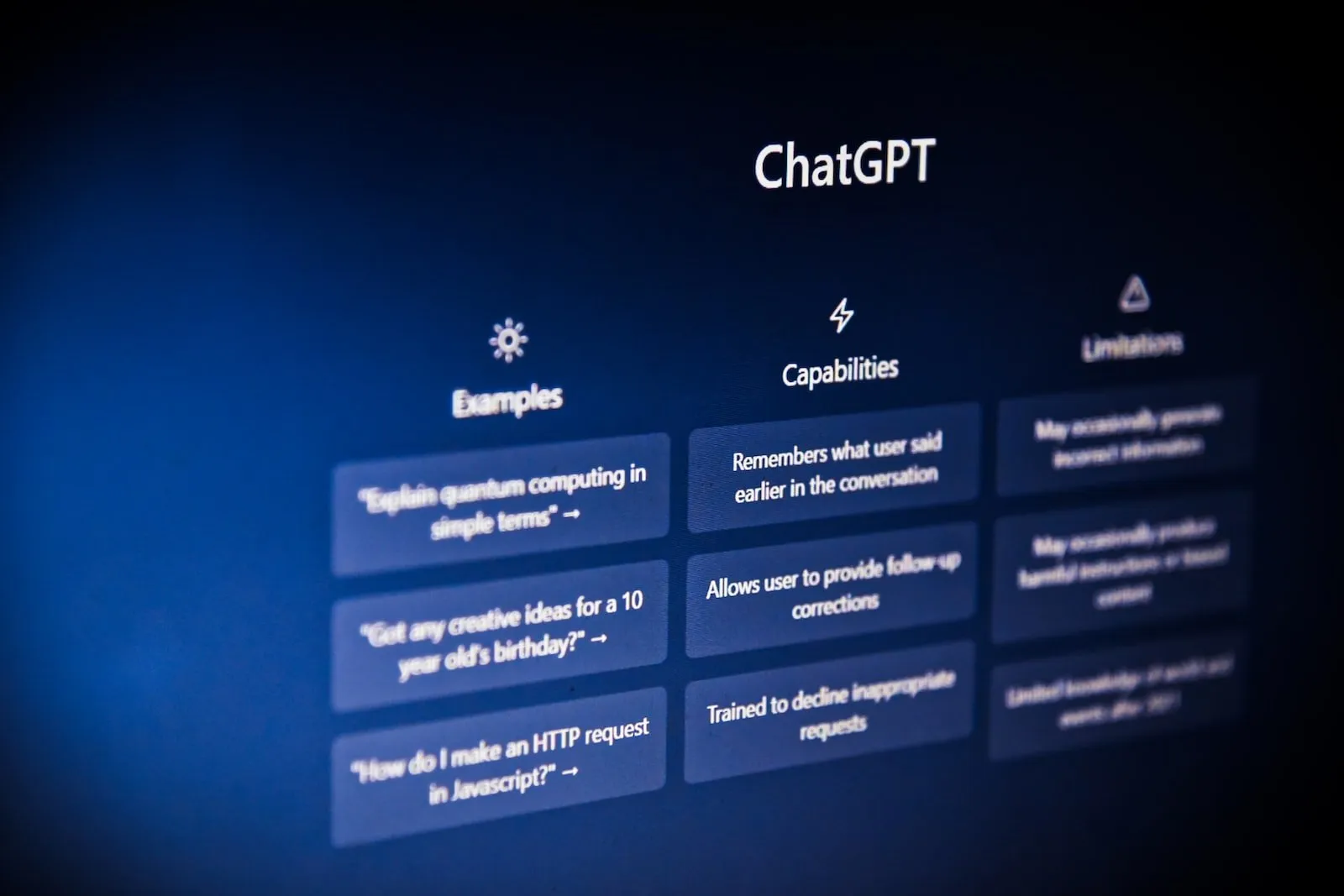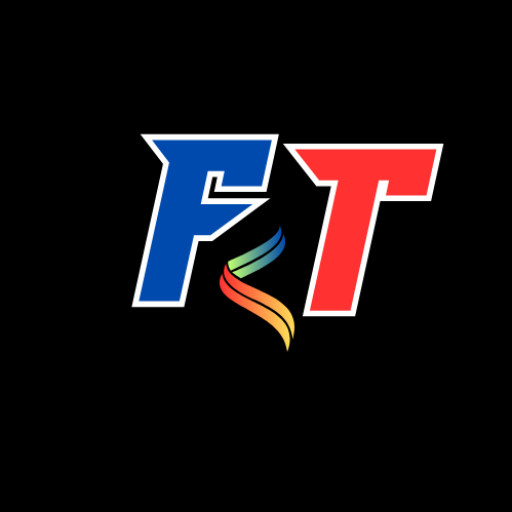
In the ever-evolving field of speech therapy, new technologies are continually reshaping the way Speech-Language Pathologists (SLPs) approach diagnosis, treatment, and communication with clients. One such transformative tool is ChatGPT, an advanced language model developed by OpenAI. Leveraging AI tools for speech therapy, ChatGPT offers innovative solutions to support SLPs in addressing various speech and language disorders. In this article, we’ll explore how ChatGPT for speech therapy is revolutionizing the field, providing practical applications for AI in speech-language pathology, and showing how SLPs can integrate these tools into their practice.
How ChatGPT Is Transforming Speech Therapy
SLPs using ChatGPT can tap into the potential of artificial intelligence to streamline therapy sessions, enhance client engagement, and create more personalized interventions. As a virtual assistant for SLPs, ChatGPT is capable of interpreting speech patterns, generating language tasks, and offering real-time feedback. Its ability to mimic human conversation provides a supportive environment for individuals working on articulation, language development, or cognitive-communication disorders.
Key Applications of AI in Speech-Language Pathology

1. AI Tools for Speech Therapy: Personalized Therapy Plans
AI enables SLPs to create customized therapy plans tailored to individual clients’ needs. ChatGPT in language intervention allows therapists to provide exercises focusing on areas like pronunciation, sentence structure, or vocabulary development. AI-powered platforms can adjust task difficulty in real time, ensuring that clients are always working at an appropriate challenge level.
2. Speech Therapy AI Chatbot: A Conversation Partner
One of the most exciting developments in the field is the emergence of speech therapy AI chatbots. ChatGPT, acting as a chatbot, can simulate conversations to help clients practice speech sounds or dialogue patterns. This provides a safe, judgment-free zone for clients to engage in speech exercises without the pressure of speaking directly with a human.
3. AI-Based Speech Therapy Assistant: Enhancing Efficiency
SLPs are often managing multiple cases, each with different therapy goals. An AI-based speech therapy assistant like ChatGPT can help reduce administrative burdens by assisting with session planning, note-taking, and progress tracking. The integration of digital tools for speech therapists simplifies documentation, allowing SLPs to focus more on client interaction.
AI-Powered Interventions for Communication Disorders
AI for communication disorders is reshaping the way SLPs approach treatment for a wide range of speech and language impairments. Whether it’s helping with fluency disorders, voice therapy, or language comprehension issues, ChatGPT offers tools that enhance traditional methods. It can also be used for speech-language assessment with AI, providing preliminary evaluations that assist SLPs in identifying the areas that require intervention.
4. AI for Articulation Therapy: Targeting Specific Sounds
For clients struggling with articulation, ChatGPT can serve as a speech therapy support with AI by modeling correct pronunciations of difficult sounds. Clients can practice directly with the AI, receiving instant feedback on their speech production, making the tool particularly valuable for children or individuals needing repetitive practice to master certain speech sounds.
5. Natural Language Processing in SLP: Understanding Client Responses
Natural language processing in SLP (NLP) allows AI systems like ChatGPT to understand and analyze human language. This capability is crucial when working with individuals who have language disorders, as NLP helps the AI adapt responses based on the complexity of the client’s language abilities. This makes the intervention more dynamic and personalized.
Technology in Speech Therapy: The Future Is Now
The integration of technology in speech therapy is ushering in a new era of accessibility and effectiveness. AI applications in speech pathology allow SLPs to provide virtual sessions, remote monitoring, and digital feedback, breaking geographical barriers and making therapy more accessible to clients in underserved areas. Moreover, AI-powered speech therapy programs offer interactive exercises that can keep clients motivated and engaged in their therapy routines.
Advantages of Using ChatGPT for SLPs
- Enhanced Accessibility: Clients can access therapy tools from home, enabling more consistent practice.
- Real-Time Feedback: AI tools for language development provide immediate corrections, helping clients learn faster.
- Scalability: SLPs can handle more cases by automating repetitive tasks, such as assigning homework or tracking progress.
- Cost-Effective: AI tools can reduce the need for frequent in-person sessions, making therapy more affordable for clients.

Challenges and Ethical Considerations
While ChatGPT for speech therapy holds great promise, there are challenges to consider. AI is not a replacement for human therapists but rather a supplement to existing practices. SLPs must remain mindful of issues like data privacy, the need for personalized care, and ensuring that AI tools do not replace the essential human element of empathy in therapy sessions.
Conclusion
The introduction of ChatGPT in speech-language pathology marks a significant advancement in how SLPs can deliver care. By integrating AI-powered speech therapy programs and tools into their practice, SLPs can offer more efficient, personalized, and accessible treatment to their clients. From helping with articulation to providing speech therapy support with AI, the potential applications are vast and growing. As this technology continues to evolve, SLPs have the opportunity to enhance their services and improve client outcomes in new, exciting ways.
For more interesting blogs visit our website
FAQs
1. How can ChatGPT be used in speech therapy?
ChatGPT can be used as a conversational tool to simulate dialogue, assist with pronunciation practice, and generate customized language tasks for clients, helping SLPs provide more interactive therapy sessions.
2. Is AI a replacement for human speech therapists?
No, AI tools like ChatGPT are designed to complement the work of speech therapists, not replace them. They serve as assistants to help streamline tasks and offer additional support.
3. Can ChatGPT help with specific speech disorders?
Yes, ChatGPT can support therapy for a range of speech disorders, including articulation, fluency, and language comprehension issues, by offering tailored exercises and real-time feedback.
4. Is AI safe to use in speech therapy?
When implemented with proper privacy safeguards, AI is a safe and effective tool for supporting speech therapy. It’s essential that clients’ data is protected and that AI is used ethically in treatment plans.
5. What are the future prospects of AI in speech-language pathology?
The future of AI in speech-language pathology is promising, with ongoing developments in natural language processing, real-time monitoring, and remote therapy tools that could further enhance accessibility and effectiveness.







